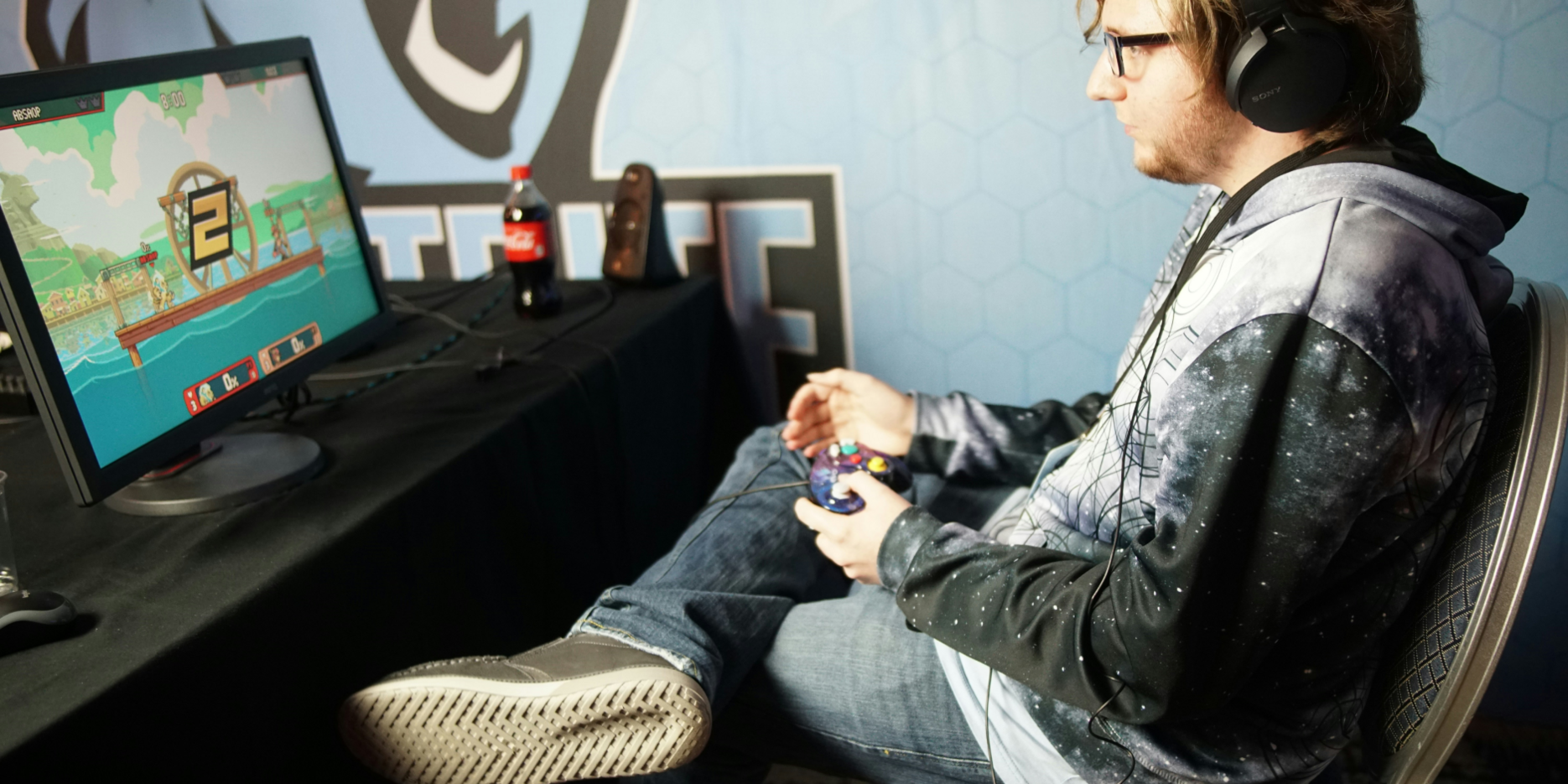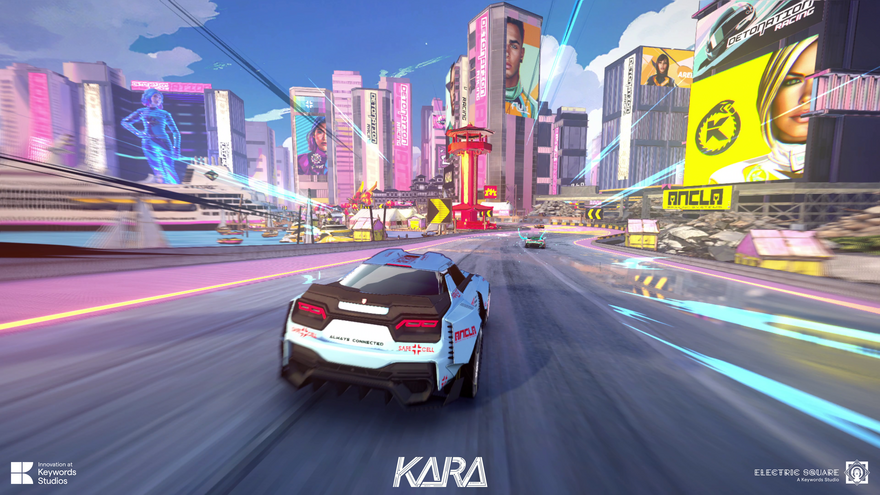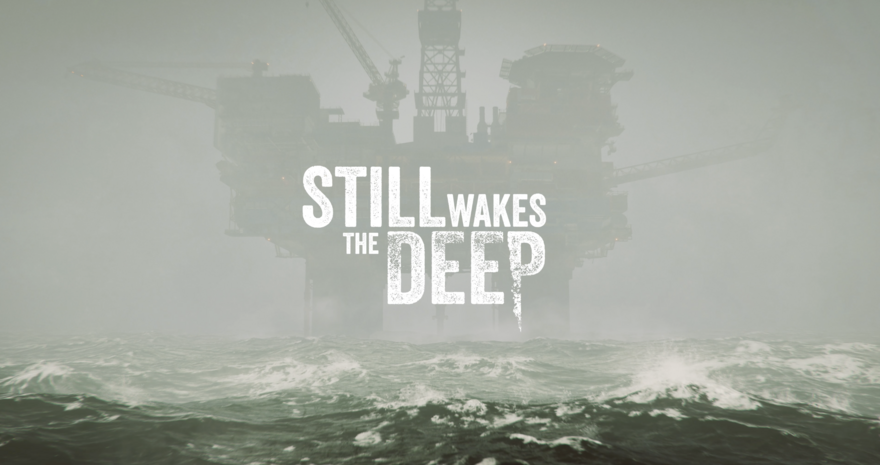Launching Your First Indie Game? Our Marketing Leaders Share their Expertise
Indie games are thriving, but success in today’s crowded market demands more than just great gameplay. Marketing leaders across Keywords Studios have uncovered proven strategies for helping indie developers cut through the noise and connect with players.

Why Indie Game Marketing Matters More Than Ever in 2025
It’s no secret that indie gaming has seen impressive growth over the past decade. According to Video Game Insights in 2024 indie games on Steam outsold AA and AAA games for the first time, and compared with 2018 indies had doubled their revenues on the platform.
These numbers perhaps aren’t surprising when you consider all the indie games that have successfully cut through to mainstream audiences in recent years. However, success breeds competition, and as more and more indie developers bring their creations to gamers, the harder it is to cut through the noise and connect with audiences.
We spoke with some of the marketing leaders across Keywords Studios to understand what indie developers can do to give their games the best chance of success when bringing them to market.
Understand Your Indie Game Audience Early to Maximize Market Fit
Hollie Gilbert, Project Director at games user research company Player Research, emphasises the importance of understanding your audience at the earliest stages of product development, she advises ‘when bringing games to market teams should prioritise two things: firstly, a behavioural and psychographic persona of who their target audience is and who they're developing and marketing their game for; and secondly, early and regular feedback from this audience.’
Having a clear view, early on, of product-market fit helps keep a project focused and ensures decisions on the game’s development is taken in the best interest of the player experience, removing some of the subjectivity. Hollie continues, ‘having access to real player insights can not only derisk the development process, allowing for more attuned feature development or a better backlog of priorities, but it also provides much more clarity to all downstream launch activity.’
Build a Winning Indie Game Brand Before You Market It
And clarity downstream, provides a critical bedrock on which to build the games brand. Christopher Tait, Head of Creative Strategy at ICHI emphasises the importance of thinking about the brand strategy before diving into marketing activations. Tait says, ‘if there’s one thing I’d recommend, it’s starting with your brand before jumping into marketing assets. A solid brand strategy sets the stage for how your game shows up in the world; it’s what helps it stand out and stick in people’s minds. When you know how it should look, sound, and behave, it’s a lot easier to make sure your marketing hits the mark.’
This risk of failing to do this work up front, Christopher argues, is a great game that fails to hit it audience: ‘you might have an awesome game, but if its unique edge—the special sauce—isn’t clearly defined, your message might not reach the people out there who’d really love it.’

How to Build and Engage a Loyal Indie Game Community
Mike Petricevic, Studio Head & Creative Partner at Waste Creative notes the importance of investing in your community early, and engaging with them consistently through the development process. He said, ‘building an engaged fanbase starts with involving players early in the development process, whether you're an indie or AAA studio. Open betas, early access, and even simple social media interactions help establish a loyal following and provide invaluable feedback to shape the game. For indie studios, this is often more challenging due to smaller teams, but it remains essential.’ While there may be more of a challenge for smaller studios to source this feedback, the agility and flexibility offered to small teams can create an opportunity to connect with audiences while uncovering the player insight Hollie stresses the importance of.
Mike continues, ‘equally important is maintaining an authentic and active social media presence. Regular updates and direct engagement with fans help build trust and turn early fans into passionate superfans. To achieve this effectively, consider bringing a community manager on board early, someone who understands the game’s vision and can bring it to life online.’
Indie Game Marketing Success: Why Strategic Promotion is Non-Negotiable
Last year there were 18,000 games released on Steam. As this market becomes increasingly saturated, teams can’t afford to hope they’ll be discovered organically. Standing out in this environment necessitates thinking about the marketing of the game with as much focus and dedication as is given to development. To learn more about how we can support indie developers launch their games, get in touch.






